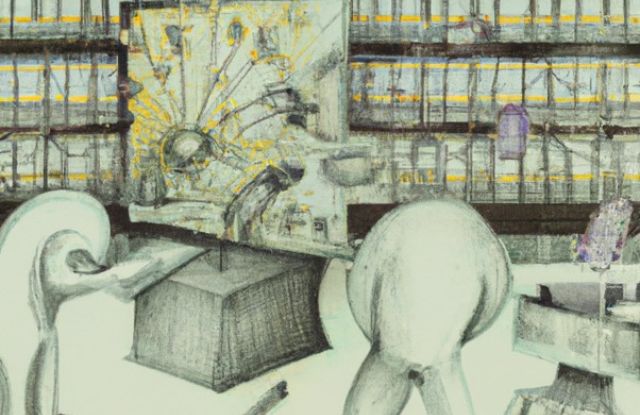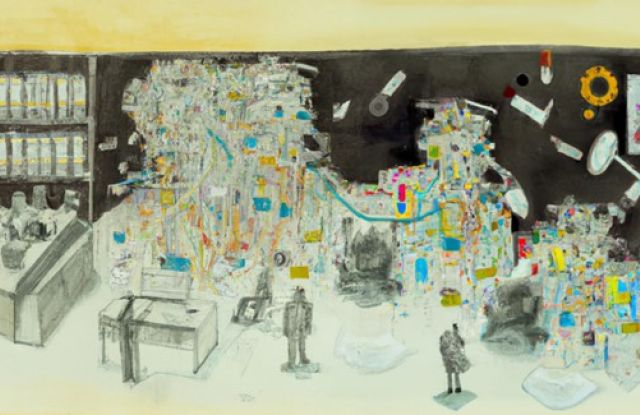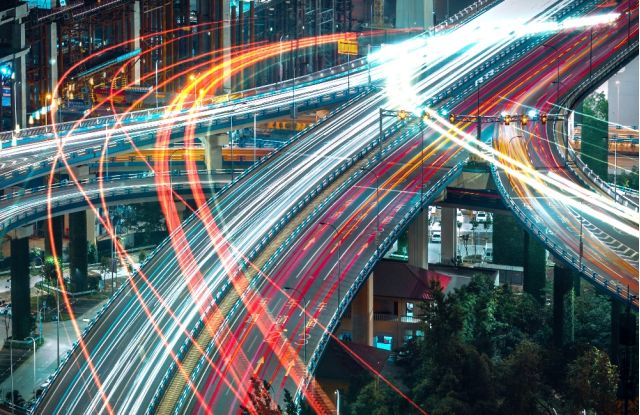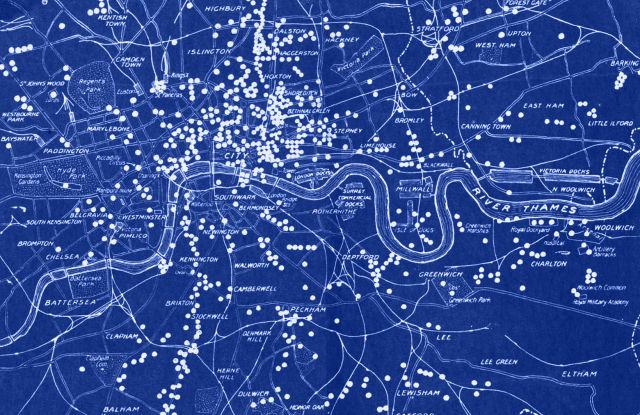From digital archives to online observatories, the peaks and chasms of social-media based research Pt.3
Carlo R. M. A. Santagiustina, Venice International University.

-Continues from Part 2
To answer the questions raised in the previous chapter of this article in a synthetic way, here follows a short-list of major implications of the aforementioned changes to data access policies. To grasp the societal impact of these changes, I selected two examples of social media data-based and community-centric projects. Today, with the current social media policies, the collection of user-generated data required by these projects would have been impossible to afford. Both projects are ongoing and are related to -and contributed by- MUHAI. The first one, called AquaGranda: A digital community memory, started in 2020 from the EU project Odycceus, after the extreme tide of 187cm that flooded Venice in November 2019, and progressively grew involving other EU projects and research institutions, such as MUHAI, and recently received an Honorary Mention at ArsElectronica, for the European Union's Citizen-Science Prize. The other one, called MUHAI Inequality Observatory, started in 2021, and is being developed within our consortium by a multidisciplinary team of researchers. Both projects focus on topics that are undoubtedly relevant to a wide audience of citizens and institutions, respectively, the impact of extreme weather events on social conflicts, and the understanding of the public perception of social inequalities and intersectionality.
Democracy wanes – access denied, our cause remains
For projects like the aforementioned ones, free access limitations to user-generated data from social media platforms, such as Twitter, can produce detrimental effects that, besides damaging scientific research, can directly affect communities and their economies at multiple levels. By limiting the generation of externalities that can produce widespread societal benefits, such as:
- Transparency: Free access to social media data allows researchers working on the perception of topical issues, such as the impact of sea level rising on coastal communities or that of social inequality on life expectancy, to gain insights into the expressed views, expectations, preferences, reactions and feelings of the people being (actually or potentially) affected by phenomena that are shaping our collective present, and will likely determine our future, as well as that of other species. Social media data access is also crucial for understanding the dynamics that push some to express their opinions and others to remain silent on issues that may directly affect them, such as climate change and social justice. Moreover, acknowledging the relevance of a particular issue for a wide spectrum of the population can be an incentive (and pressure) for representatives and governance bodies to activate, taking into consideration people’s expressed needs and concerns in relation to these topical issues. More generally, denying or limiting social media data access to researchers can damage evidence-based policy-making, for example with respect to issues related to climate change and its effects on citizens’ daily life.
- Innovation: Open access to social media data fuels innovation in various sectors that build on top of academic and non-profit research, such as the AI industry. If researchers can’t access social media data they won't be able to develop new tools and models to analyze this data, which are widely employed, not only in academia. Furthermore, charging for data access could disproportionately damage and deter innovative research projects with unconventional or exploratory purposes related to social media and their data, which may not have guaranteed or clearly foreseeable outcomes or applications.
- Accountability of social media platforms and users: Social media data can be used to hold platforms accountable for their impact on society, including issues like mis- and dis-information, trust erosion, and algorithmic biases. Restricting access to researchers could make it harder to observe, assess and address these issues.
- Equal access and equal opportunities: Non-profit organizations and academic researchers with limited resources might struggle to afford social-media data access. This could further exacerbate knowledge and information inequalities, especially in poorer countries.
- Knowledge consistency: If different social media platforms adopt different access policies, data sources might become inconsistent, making it difficult for researchers to compare them, or to analyze their dynamics and evolution across time, by integrating their findings across multiple platforms.
- Civil society and community engagement: Access to social media data is crucial for NGOs, IGOs and other non-profit projects for understanding public discourse and socio-cultural movements. Without social media insight, civil society projects might struggle to engage citizens effectively in participatory deliberation or policy-making processes. Moreover, the ability to see how groups of citizens deliberate through social media is essential for facilitating understanding among groups. Lack of access to data could hinder efforts to bridge divides.
- Accountability of elected bodies and representatives: Social media conversations provide citizen’s feedback on policies and their perceived effects. It is therefore important for holding representatives, governance bodies and institutions accountable and reactive. For example, if data access is limited potential abuses may go more easily unnoticed.
As you may have understood, open and free access to social media data for academic, non-profit, and civil society projects is essential for maintaining transparency and ensuring accountability in democratic countries. For this reason we must protect it, and you should help us in doing so.
The opinions expressed in this article are those of the author. They do not reflect the opinions or views of anyone else.
More Articles

Study without ChatGPT… to work more wisely with AI

From digital archives to online observatories, the peaks and chasms of social-media based research Pt.2

From digital archives to online observatories, the peaks and chasms of social-media based research Pt.1

A Digital Assistant for Scientific Discovery in the Social Sciences and Humanities

Narrativizing Knowledge Graphs

Economists’ inequality narratives (on Twitter) before and after the COVID-19 outbreak

Making sense of events within a story

Talking (online) about inequality: Towards an observatory on inequality narratives
